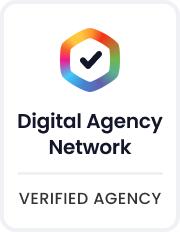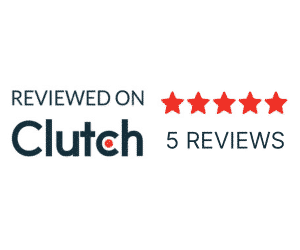Google’s longstanding mission has been “to organize the world’s information and make it universally accessible and useful”. With the introduction of generative AI and the continued depth of information that now lives on the internet, doing so has become progressively more difficult.
Recently, Google rolled out a new spam update to try and get things under control.
Unlike paid search, where Google is incentivized to serve content they can monetize to the max, organic search (SEO) is different. With SEO, Google is primarily concerned with user experience, which drives every algorithm update.
As of March 2024, Google dropped several updates to its spam policies to combat low-quality content appearing in search results to continue to improve user experience in Search.
In an era of Generative AI and individuals and companies looking for quick fixes to boost their rankings, Google relies on detailed spam policies, a helpful content system, and automated crawlers to improve the quality of search results and keep users happy on the web.

Content that violates these policies can lead to demotion or even removal. To continue adapting to the changing landscape of search and content creation, Google must regularly update its policies. It is important to pay attention to these updates.
Here’s what you need to know about the March 2024 updates
New Policy: Scaled Content Abuse
Google considers content to be ‘scaled content abuse’ when the content is created solely to boost rankings, not to help users. This content is typically poor quality, unoriginal, and created using generative AI and other “programmatic” methods. While this policy is not new to Google’s spam policies, it has been updated to be more sophisticated.
This is a necessary move by Google as it catches up on discerning between automated and original content. When used correctly, AI tools can be useful to gather information and even act as creative assistants. Google recognizes this and is altering its definition of scaled content abuse accordingly.
What you need to do:
- Produce content that is original, good quality, and demonstrates your expertise.
- Make sure you’re satisfying E-E-A-T guidelines.
- Consider partnering with an agency that understands how to put your customers at the center, while utilizing AI as an assistant.

New Policy: Expired Domain Abuse
Google defines expired domain abuse as when “an expired domain name is purchased and repurposed primarily to manipulate Search ranking by hosting content that provides little to no value to its users”. This is an intentional effort to try and mislead users and boost search ranking; it is now considered spam.
What you need to do:
- Be considerate of how you utilize a purchased domain.
- Be wary of any agency selling link-building services through PBNs.
New Policy: Site Reputation Abuse
Third-party content can be a great resource to add to a website when it is relevant to your core product and brand, but when it’s added to capitalize on the hosting site’s ranking or reputation - it’s spam. A visitor to the site may be misled by content that is produced only for rankings, which is against Google’s policies.
What you need to do:
- This does not apply to press release sites, news publications with content from other news publications, editorial columns reviewed by host sites, forums or sites designed for user-generated content, and several other exclusions.
- Make sure any content that fits these criteria is updated, removed, or excluded from Search indexing by May 5, 2024 - when Google will begin enforcing these rules.



No comments.